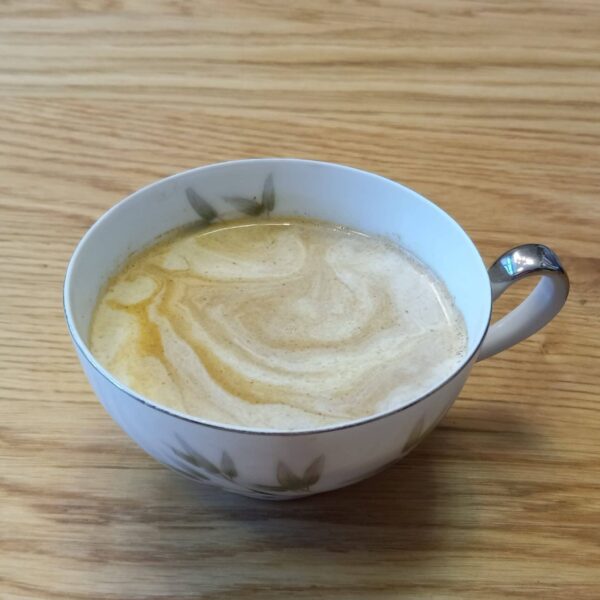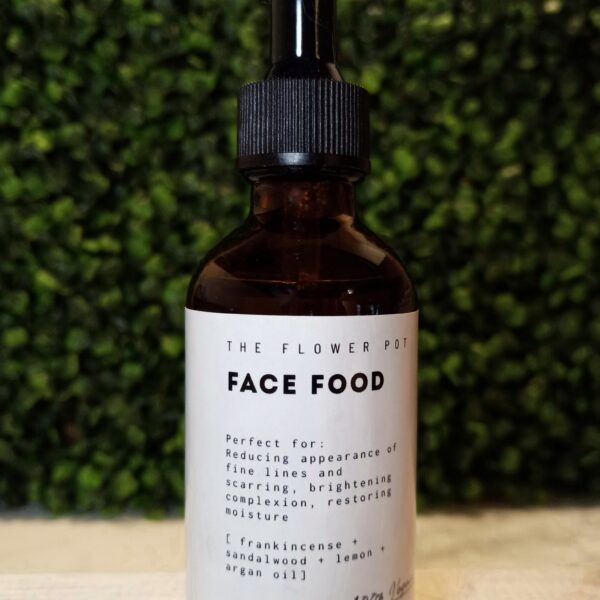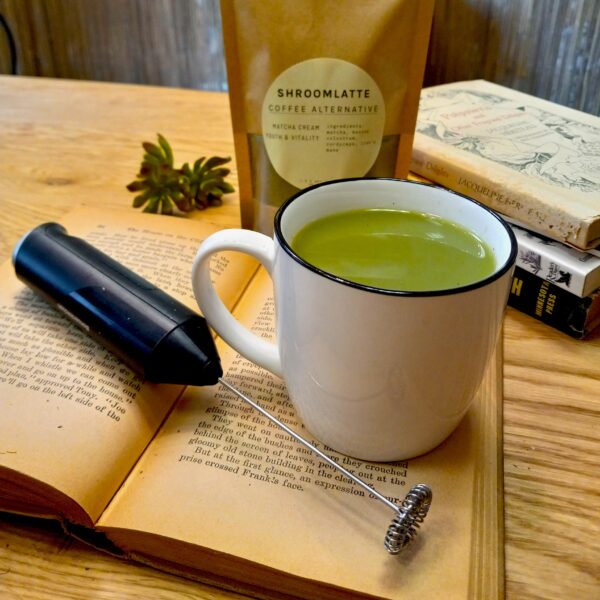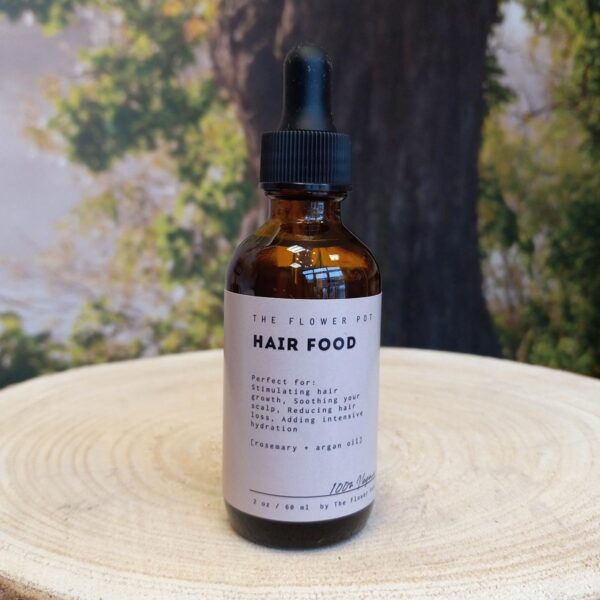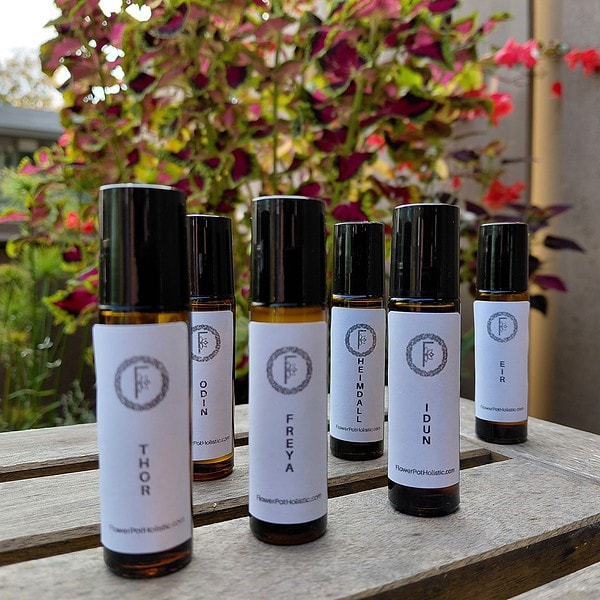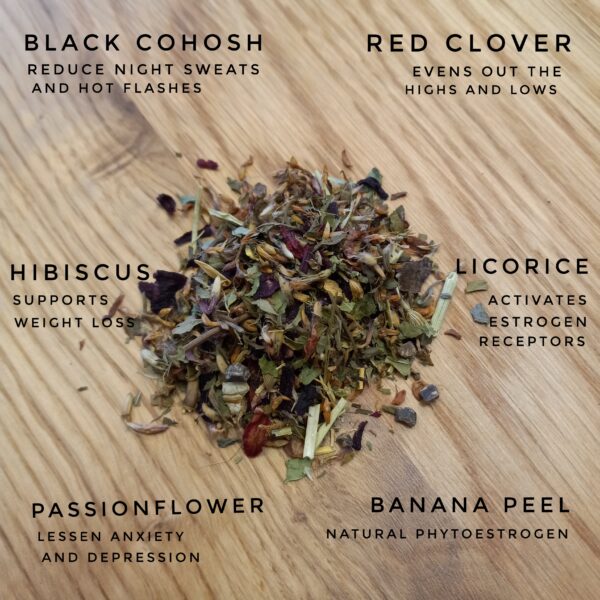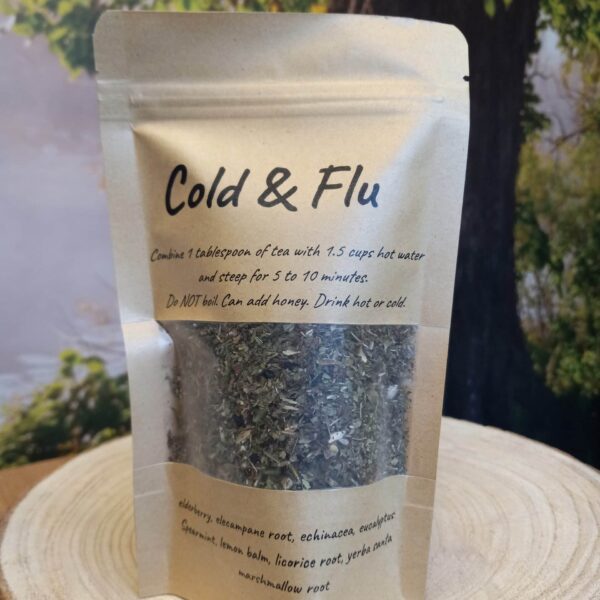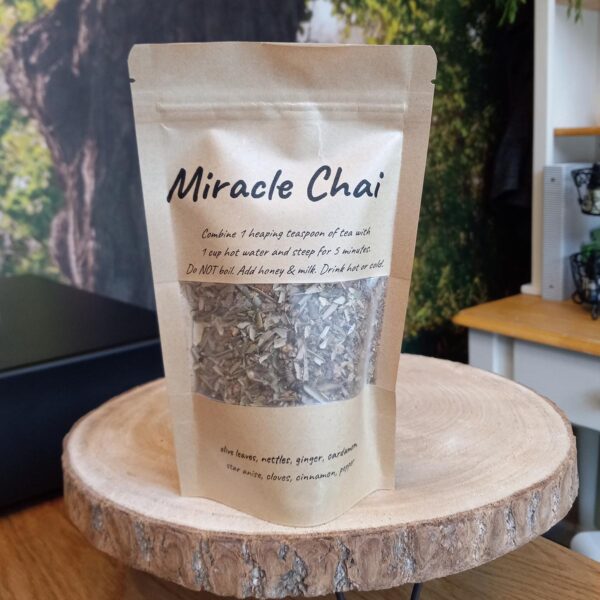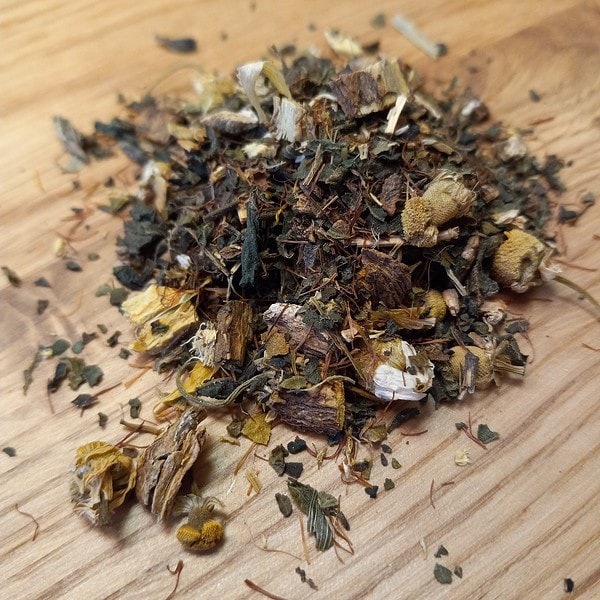I like to stay updated on the latest in health research and a recent clinical trial regarding a new blood pressure medication caught my eye. After looking it over, I have my doubts, but this does present a valuable opportunity to discuss how we interpret medical findings through a holistic lens.
For a while, some studies, notably the Hygia Chronotherapy Trial, sparked significant interest by suggesting a remarkable benefit to taking blood pressure medication at bedtime. These findings indicated that night-time dosing could significantly reduced cardiovascular heart attacks and strokes, even by as much as nearly half in some reported cases. The theory behind this often centered on “nocturnal dipping”—the natural drop in blood pressure that most people experience during sleep. If you’re a “non-dipper” (meaning your blood pressure doesn’t sufficiently drop at night, or even rises), the idea was that a bedtime dose could help normalize this pattern and offer greater protection. This sounded like a simple, yet impactful, change for millions.
However, as is often the case in the world of medical research, the story rarely ends with one study. More recently, larger and very robust trials, such as the UK-led TIME (Treatment in Morning vs Evening) study, have provided a different perspective. This monumental trial, involving over 21,000 participants, found no meaningful difference in the rates of heart attack, stroke, or vascular death between those who took their once-daily blood pressure medication in the morning and those who took it in the evening. Essentially, these findings strongly suggest that the timing of your dose doesn’t dictate its effectiveness in preventing major cardiovascular events.
So, what does this ongoing discussion mean for us, especially when we’re trying to make sense of health information? This is where my own long-standing perspective as an herbalist comes into play, emphasizing critical thinking about research design and applicability:
- Generalizability and Methodology: When evaluating any study, especially one that claims such a significant impact, the details truly matter. If earlier studies suggesting benefits for night-time dosing didn’t clearly define when during the day blood pressure measurements were taken, or if medication dosing isn’t even throughout the day, it complicates the picture. A single measurement point might just capture data at a different time relative to taking the medication, without necessarily proving a superior overall effect. While it’s unlikely that taking medication at night is worse, this kind of data doesn’t definitively prove it’s better either, as the larger trials have now demonstrated. We need clear, well-controlled data.
- The “Grain of Salt” for Population Data: I take data from certain regions, like China, with a grain of salt. It’s not about political incentives, but a very real concern about population homogeneity. I suspect that individuals in many such studies were largely ethnic Han or other narrow East Asian populations. This is a critical point because we have significant evidence, particularly noted in the US between Caucasian and African American populations, that blood pressure medications do not impact all ethnic groups equally. What proves effective for one demographic might not translate directly or with the same efficacy to another. Diverse participant pools, as some of the newer trials are striving for, are absolutely essential for generalizable findings.
Ultimately, the takeaway from this evolving research seems to be less about a magic time for your pill, and more about consistent adherence. As someone focused on chronic condition management and longevity, I’ve always stressed that the most important thing is to take your medication regularly, as prescribed, and at a time that is convenient and sustainable for you.
The science is always refining our understanding, but the core principles of a healthy lifestyle – including diet, exercise, stress management, proper sleep, and appropriate supplementation – remain the bedrock. These, combined with an understanding of your unique physiology and thoughtful medication management, are the true keys to navigating chronic conditions like high blood pressure.
Study: https://jamanetwork.com/journals/jamanetworkopen/fullarticle/2836172
Join Our Mailing List!
Sign up and be the first to know about specials, promotions and our latest articles on health and wellness.
Cara Schulz
Cara Schulz, a cancer survivor and green tea lover, has opened The Flower Pot, a holistic wellness shop in Burnsville that offers products ranging from medicinal teas and wellness tonics and herbal tinctures.


